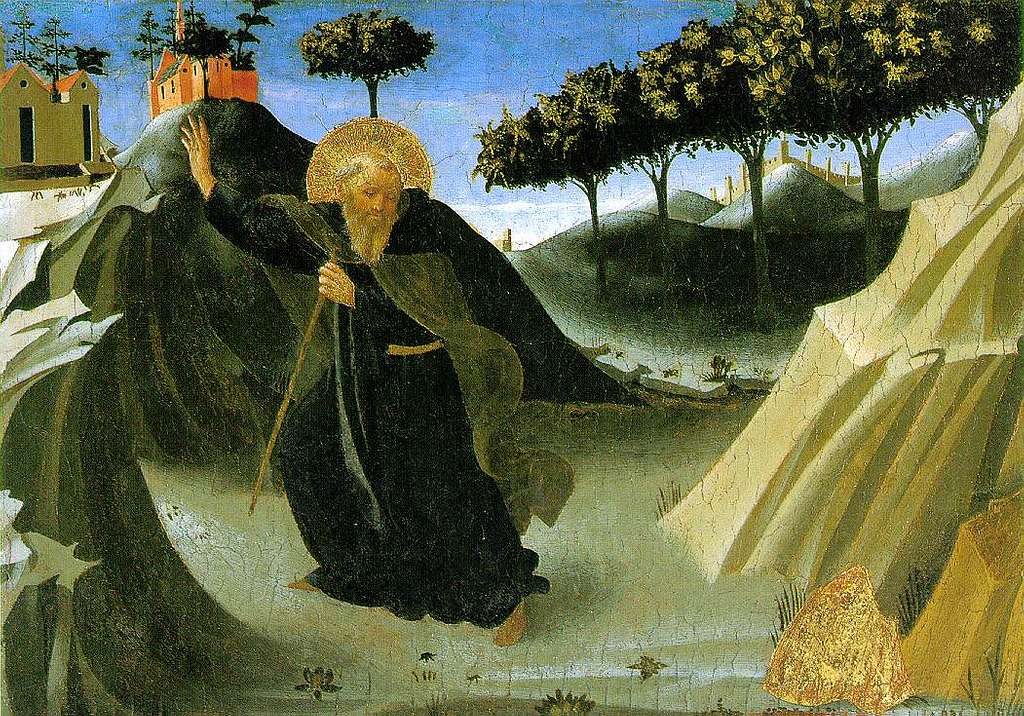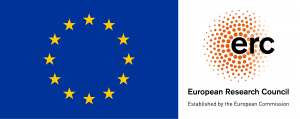At the NYU-Roma Tre Permanent Global Seminar “Religious Diversity in Italian Urban History”
Our PI Jenny Ponzo and Francesco Galofaro (IULM, Milan) will participate in the NYU-Roma Tre Permanent Global Seminar “Religious Diversity in Italian Urban History”.
Wednesday 11 December they will give the lecture “Toward Trans-species Religious Communities? A Semiotic Study of Discourses and Urban Practices in Catholic Sacred and Liminal Spaces”. Respondent: Thomas-Andreas Põder, University of Tartu
Like all other meetings it will be held on Zoom at 12.00 pm (New York) / 6.00 pm (Rome). Registration is required and can be done via email at: rdiuhs@gmail.com. The Zoom invitation will be sent out the day before the seminar to the email address used for the registration. For more information, please visit: https://as.nyu.edu/departments/italian/Initiatives.html.
Abstract
In Italian Catholic culture, there is an ongoing debate about the status of animals and their relationship with human beings. Fueled by the thought of the “integral ecology” proposed by Pope Francis and the related Church’s environmentalist discourse, as well as by the broader and secular discussion about animals’ rights and dignity, this debate also has a direct impact on the way religious groups think and live the urban sacred space. The debate is paralleled by the affirmation of practices such as the introduction of domestic animals in the churches during rituals. Among the key questions raised in this framework, two are of particular relevance: Can animals enter places of worship? When and how can they access the liminal spaces surrounding sacred places? The answers of religious groups and individuals to these two crucial questions span from a full acceptance of animals in a perspective that longs for a sort of trans-species community, to proposals for a regulation (and therefore a limitation) of the access of animals, to a total rejection and exclusion. Our aim is to provide an overview about this debate, but also to compare this discourse with religious practices. On one hand, we will focus on rituals traditionally involving animals (such as the benediction of animals in occasion of Saint Anthony’s feast, traditionally taking place in the liminal space of the church) and observe how they are changing in our time. The analyses will apply both the semiotics method to the analysis of discourses and the ethnosemiotic approach to the study of practices.


